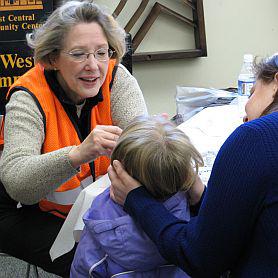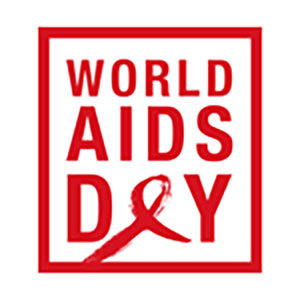
JOINT RELEASE: Increase in Flu Hospitalizations, Deaths in Eastern Washington, Northern Idaho Prompts Officials to Urge More Vaccinations
Consult with healthcare provider if ill; masking recommendations issued
Alerts: Aug. 22, 2025: Local public health officials have confirmed a measles infection in a Bonner County, Idaho, resident with exposure risk in Spokane County. Learn about measles and how to protect yourself and loved ones. | Some federal websites are experiencing disruptions while being reviewed for compliance with executive orders. As a result, some links and information on srhd.org may be unavailable.

Consult with healthcare provider if ill; masking recommendations issued
Influenza is a potentially serious disease that can lead to hospitalization and sometimes even death. Every flu season is different, and influenza infection can affect people differently, but millions of people get the flu every year, hundreds of thousands of people are hospitalized and thousands or tens of thousands of people die from flu-related causes every year. An annual seasonal flu vaccine is the best way to help protect against flu.
Dec. 2 – 8, 2018 is a perfect time to get the flu shot, especially as the holidays approach!

Local event on Dec. 1 to raise awareness for prevention and treatment, fight prejudice
In each issue of the Epigram, we are pleased to introduce you to a member of the Disease Prevention and Response team at SRHD. In this issue we feature our senior Epidemiologist, Mark Springer, DC. Mark works in our Communicable Disease Epidemiology program where he focuses on communicable disease investigation and intervention, emergency preparedness, and community education.
In an attempt to conserve resources and provide better convenience with timely updates, the SRHD Communicable Disease Resources and Reporting Manual is now online. Here you will find healthcare provider-specific resources for notifiable conditions, report forms, STD screening and treatment guidelines, tuberculosis testing information, immunization schedules, patient materials, and more.
Rabies post-exposure prophylaxis (PEP), an expensive and time-consuming series of treatments, can often be avoided in situations where the animal is available for testing or observation. Rabies PEP is a medical urgency, not an emergency, and does not need to be started in most cases* after an exposure, allowing time to determine if PEP is necessary based on the animal’s rabies status. Rabies testing can only be performed on the brain tissue of deceased animals.
Many providers assume laboratory reporting of notifiable conditions is automatic and comprehensive, eliminating the need for reporting from provider offices. While that is true in many instances, it is important to be aware of reporting requirements. Public health uses notifiable conditions information to aid in investigations, detect outbreaks, and for surveillance purposes, among other things.
Syphilis infections (Treponema pallidum) continue to be reported at a high rate, both nationally as well as in Spokane County. Unless a person is symptomatic with primary lesions present on exam, syphilis must be confirmed through serologic testing. Unfortunately, there is no singular diagnostic test available for syphilis. Instead, we rely on multiple serologic tests in combination to confirm a syphilis diagnosis. Historically, two testing algorithms have been used (see table below). SRHD recommends the reverse algorithm for screening and initial diagnosis of syphilis. This means the treponemal test (EIA, TPPA, or FTA) will be run initially, and if reactive, it will reflex to the non-treponemal RPR (rapid plasma reagin) with titer. If two of the three tests are reactive, it is likely a case of syphilis and a clinician should consider treatment. If a patient has a history of syphilis, an RPR titer is all that is needed because the treponemal tests will likely remain reactive for life.
The Washington State Public Health Lab (WA PHL) is a laboratory operated by the Washington State Department of Health in Shoreline, WA. In addition to standard newborn screening and testing for biohazardous materials, WA PHL offers testing for a wide variety of organisms of public health concern. Both public health practitioners and medical providers can order testing through WA PHL; however, specimens to be shipped to WA PHL by medical providers must first obtain approval from their local health department prior to shipping. Spokane Regional Health District (SRHD) Epidemiology staff can be reached at 509.324.1442 during normal business hours and 509.869.3133 after hours.